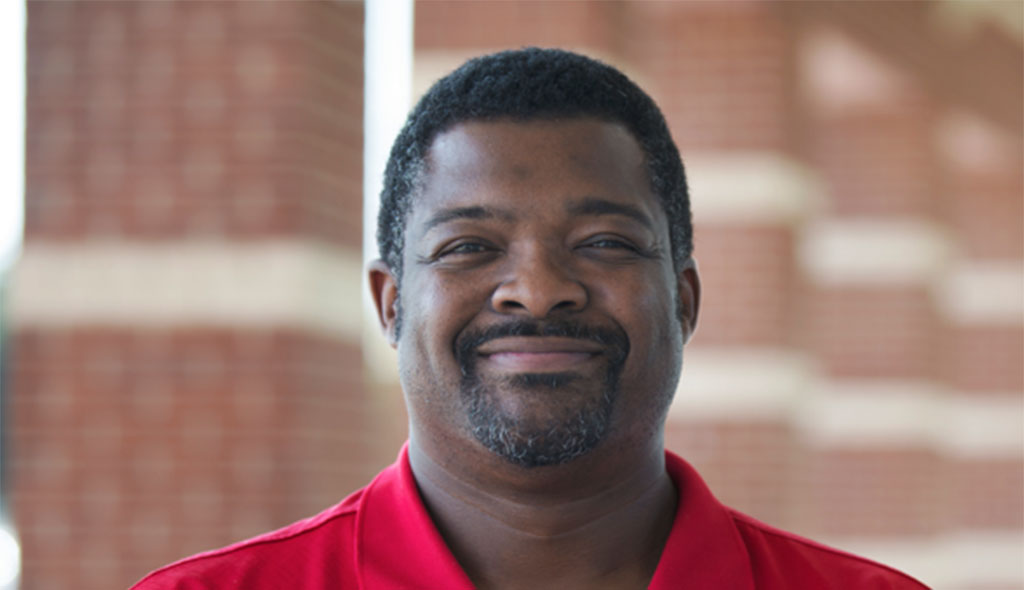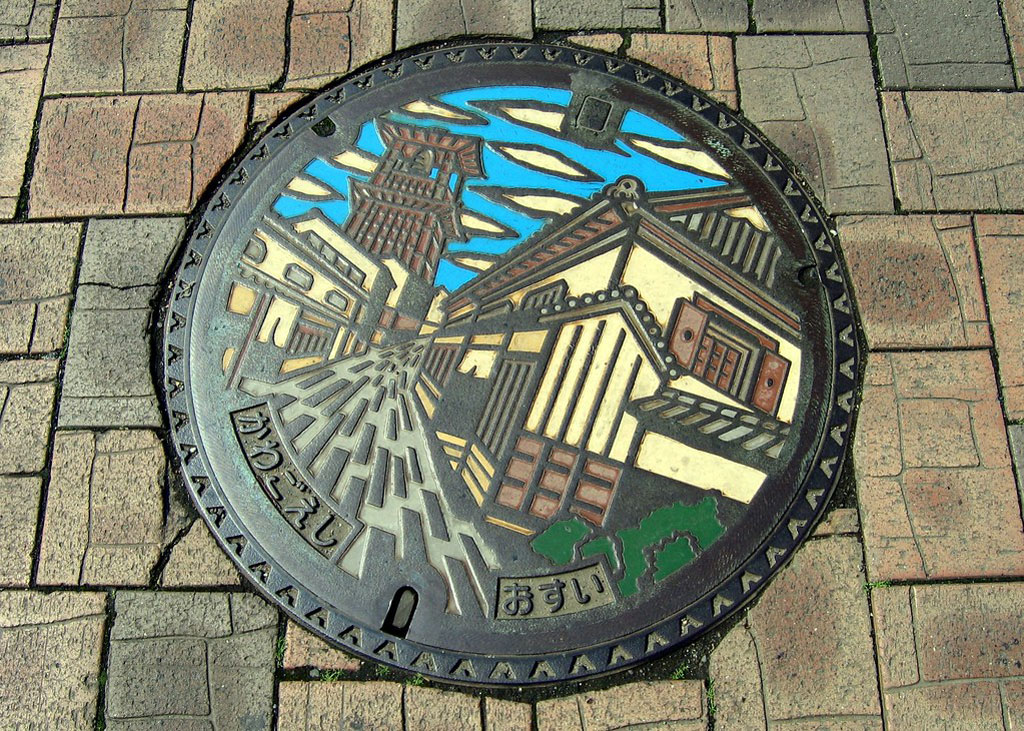Member Profile: Greg Hill

“I tell my students, ‘I’m your teacher, but I can also learn from you,’” says Greg Hill, geography and social studies instructor at John Horn High School in Mesquite, Texas. Hill is a student of life at all times, whether in his own classroom, on the world travels he loves to pursue, or in the geography program at Marshall University, where he is earning his second master’s degree.
Hill has won numerous awards for his teaching of AP Geography, World Geography, and African American Studies at Horn High School. Geography wasn’t always part of the plan. “For forever and a day, I thought I was a history guy,” he says. His previous master’s degree and undergraduate studies focused on sociology and African American history. He also has a background as a football player and coach. When the principal of Horn asked Hill to come to Horn to teach geography classes, Hill remembered his parents’ advice that ‘when people come get you, give them the time of day.’” He decided he would give the discipline a try.
“I went to a seminar by Linda Hammon, who is a great pioneer in geography education here in Texas, and trains geography teachers at all levels.” Hill quickly realized, through that experience, how well geography can help students see and explore many connections. “Things like urban layout, religion, language, are all part of the cultural landscape. I just fell in love with the subject. The next school year, our principal told me they had some history spots, and I said, ‘Nope, I’m good, I’m going to stay in geography.’”
This perspective has influenced what he sees when he travels for pleasure and learning. Something as simple as Tokyo’s manhole covers tell a story of place and culture, he says, as well as the people and lifeways expressed through food, fashion, and architecture.
Hill’s family gave him the first taste for travel. His father, who worked for Braniff Airlines, “would come home talking about the people he met, the special things like a champagne flight from London, the foods, the passengers. It made me curious about other parts of the world.” Traveling frequently with his mother from Dallas to San Antonio, Hill saw the rapid development along the I-35 highway corridor.” He expanded his knowledge further as a football player at Southern Methodist University when he traveled for games. But it was a trip to China in 2007 that really threw open the gates to international exploration.
Hill has been surprised by how much his international journeys mean to his students. “To see how interested and immersed my students were in my trips just humbles me. Once I saw that, I knew that every travel opportunity I get, I’m going to take it.”

He hopes to offer his students more than mere knowledge of places and facts. “I want them looking at the interconnections of systems, whether they be physical or human. And also to learn critical thinking, how to support your assertions with facts. To dig and get those deeper meanings and stories that geography offers. To understand the why, and be inquisitive.”
Hill makes those connections in all of his teaching, emphasizing spatial learning in his African American Studies class, for example. “We look at maps and geographical questions, such as when we study the Great Migration and examine “push and pull factors” and the changing sense of place. We also did a case study on the changing urban dynamics of Cleveland, Ohio.” Hill has joined the AAG Black Geographies specialty group to gain even more contacts and ideas about spatial frameworks for his teaching..
Recent years have been hard: “We’re exhausted. From the students right up to the administrators. I think it’s the inertia of it all. In 2020 we all scrambled, thinking we’d have a break, but we didn’t. Then came the uncertainty of 2021. Now that we have settled into some semblance of normalcy, that inertia caught up with everybody.”
As education has come into the crosshairs of current social, cultural, and political battles over content and approach, that, too is discouraging and stressful for educators, Hill says. “A lot of the angst against teachers is misguided and driving our best teachers away. Whether it be over Critical Race Theory, which we don’t teach in high school, or any of the other culture wars, it takes a toll on us.” A record number of Texas school superintendents have resigned in Texas (The Texas Tribune reported nine as of February 2022), and Hill is deeply concerned to see how the issue is touching so many school districts nationwide. Meanwhile, the march of inflation means that many teachers in the U.S. are effectively losing money each year.
“Every day is a struggle. But the thing that gets me through my day is my students, whether them cracking a joke or discovering something—them being here is what gets me through the day. There’s a need on both sides. They need us as teachers. As my classes go, my kids are great. We do what we can and we make connections.”
Asked about balancing a full teaching load and full-time work and family with a challenging course toward a master’s degree, Hill recommends it not only for one’s career but for oneself: “It’s never too late to go back and get that second or third degree—or fourth or fifth! I love learning, I love learning about geography, and I am always looking for ways to better myself. This has been a goal of mine for a long time.”
View Greg Hill’s talk on teaching geography at MashpeeED TEDx.

